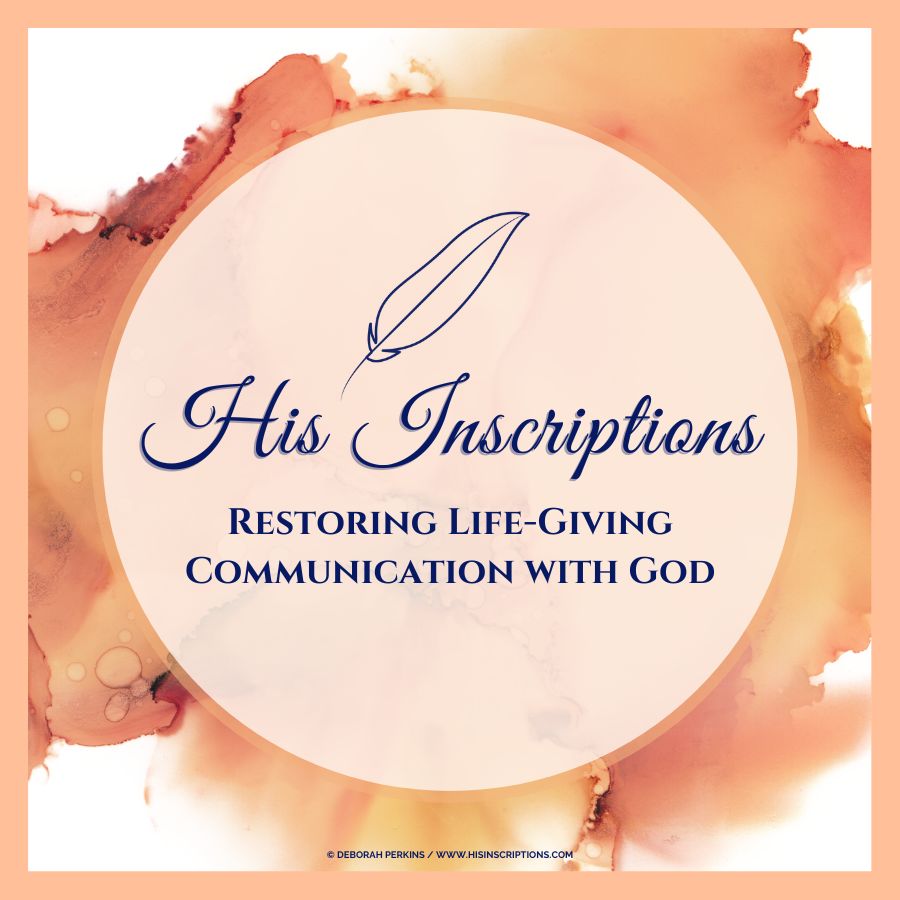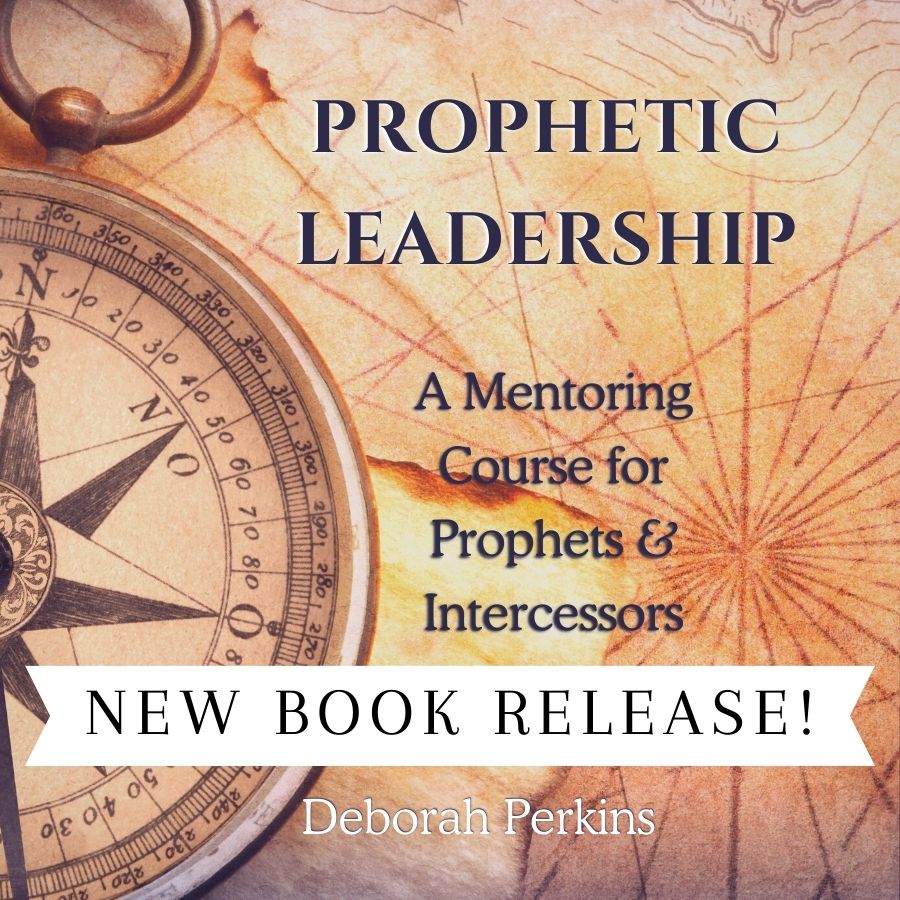What is Jealousy?Jealousy can manifest as at least three kinds of moles: covetousness, misplaced ambition, or mistrust. Let’s study each one so we’ll recognize them when they pop up unexpectedly. 1. Covetousness: The most obvious and widespread form of jealousy is covetousness, prohibited by God in the 10th commandment. (See Exodus 20). Coveting is wishing you had a prettier wife like your best friend. It’s resenting the large house your neighbor built next door – with a chef’s kitchen and custom details throughout. Covetousness lusts after the diamond engagement ring your best friend is flaunting shamelessly. Covetousness is wanting “anything that is your neighbor’s,” according to God. With a definition that broad, covetousness hard to escape! All of us have admired something to the point that lust for that object has subtly taken over in our minds. This is why Jesus says that a man who is “just looking” at another man’s wife has already committed adultery with her in his heart. He is coveting. Covetousness leads to adultery and idolatry, and idolatry leads to death: …One is tempted by one’s own desire, being lured and enticed by it; then, when that desire has conceived, it gives birth to sin,
2. Misplaced ambition: The Bible makes a distinction between ambition and selfish ambition. Galatians 5:20 says selfish ambition is one of the “obvious works of the flesh, along with idolatry, witchcraft, and quarreling. Those who yield to these things do not inherit the kingdom of God. (See Galatians 5:20, NIV or HCSB). The trouble is that selfish ambition is not always as “obvious” as we think it is. Sometimes it is hidden, and God must expose it.
For example, one day I discovered that an old college friend had made it “big” in the business world, with all the books, awards, and positions to go with it. Instead of celebrating her success, my initial “wow” moment quickly morphed into self-pity. Our paths over the last 20 years were radically different. I chose to set my career aside for a time and raise a family. She had worked her way to the top of her industry, and is doing things I’d give my eye teeth to do. In an instant, all the wonderful things I value: time at home with my children, time to pray and write, and a refreshing distance from the pressures of work & ministry, evaporated. Inferiority and regret surrounded me and I bemoaned the years I’d “wasted” as a wife and mother. Sound ridiculous? It is! Once you get over yourself you see the eternal value of what you’ve accomplished by following God’s will for your life. Your walk with God is uniquely your own. My friend’s promotions came at cost, too – a price God might not have wanted me to pay. Until circumstances made this particular “mole” pop up, I didn’t even realize it was there, lurking just under the surface. While selfish ambition is not a godly attribute, ambition for the things of God is something to be desired. The apostle Paul writes: “…we make it our aim (we have as our ambition) to please Him.” (2 Corinthians 5:9, RSV). He says his ambition is to preach the Gospel where Christ is not known, so that he doesn’t build on someone else’s foundation (Romans 15:20). Paul also directs us to “eagerly desire” spiritual gifts such as prophecy; something we could not do without a measure of ambition (1 Corinthians 14). 1 Thessalonians 4 reads “Make it your ambition to lead a quiet life. Mind your own affairs and work with your hands so that you may behave properly toward outsiders and be dependent on no one.” (1 Thess. 4:11). Ambition isn’t wrong. But it needs the right focus.
3. Mistrust: At its heart, jealousy reveals a basic mistrust in the goodness of God. We doubt that God cares as much for us as He does for our neighbor, since our neighbor’s life seems so much better than ours! Doubt turns to unbelief, and unbelief is sin. If we fail to whack this mole immediately, it will only multiply and pop up in other areas of our spiritual lives.
The devil hopes to overrun your mind with moles of mistrust in order to keep you from hearing God. Every step you take on the road to jealousy is a step farther away from intimacy with God. The Kingdom of God operates by faith. When our lives seem to lack the “substance” we desire, faith is the means of obtaining that substance. Jealousy covets. Selfish ambition forcefully takes what it desires. Mistrust fears it is not worthy of God’s blessings. These three things cause us to hide from God because we hurt inside, aching for things that have not manifested yet. Faith, on the other hand, believes in the love of God to provide. Faith trusts in the equal concern of God for all His children. Faith accesses the redeeming power of forgiveness, which restores hope and trust. How Can We Win the Battle Against Jealousy?Within all of us, there is an innate human tendency towards envy and selfish ambition. Doubt and mistrust are seeds Satan planted at the fall of man. We long to be known, heard, and appreciated. Yet as believers we are called to know, hear, and appreciate God above all else. As in every area of our spiritual life, acknowledgement of sin is the first step towards healing. Once we admit we are human and must fight jealousy just like everyone else, we can begin to be proactive about defeating it. God is a strategist. He’s an expert at revealing things hidden in darkness (Daniel 2:22). We can ask Him to expose jealousy’s moles and show us selfish ambition’s ambushes before we get there, so that they won’t get the upper hand. The value of confronting jealousy is that it exposes areas of our lives where we have not yet died to self and embraced God. Instead of being jealous, we can be content to allow God to weave us into the fabric of His masterpiece when He sees fit, and in the places where our true colors will best be displayed. We can celebrate, not covet, the beautiful hues and patterns already knitted together, even when we feel like forgotten balls of yarn left in the basket. We can tame the ugly green monster. We can stop allowing jealousy to destroy our relationships and make it a catalyst for growth in God. c. Deborah Perkins, His Inscriptions
Deborah Perkins is a prophetic teacher whose passion is to connect others with God.
She writes about knowing God and hearing His voice at His Inscriptions. Follow her on Twitter or Facebook, or contact her directly here. Sustainable, eco-friendly products are in high demand on our ever-withering planet. We are using up resources faster than we renew them, leaving a weakened landscape for our children and grandchildren. In Latin, to "sustain" literally means "to hold up."* The question is, if we aren't holding up this planet, who is? Christians know from Colossians 1:17 that ultimately, Jesus is the one who "holds all things together." What you might not know is that the Bible also makes an extraordinary claim concerning sustainability. Jesus states in the Gospel of Matthew: "Heaven and earth will pass away, but My Words will not pass away." (Matthew 24:35, RSV). To a world that is decaying rapidly, Jesus shocks His audience by claiming that the Word of God is eternal, renewable, and sustainable. What does this mean? God's words are our most sustainable resource; their riches cannot be depleted. The resources available to us in the Bible never run out. There is an endless supply of whatever we need: healing, provision, forgiveness, strength, love and power. And before you dismiss His words on this topic as referring only to spiritual things, take a look at these practical examples:
Normally, in order to be considered sustainable, a resource must be renewable, such as with the regrowth of a tree or the recycling of a product. In the Scriptures, however, we see examples of even non-renewable resources being multiplied. How does this work? It happens when Jesus, the Sustainer of all things, releases wisdom to those with renewed hearts and minds.
Joseph as Prototype
The story of Joseph is meant to be a picture of the wise governance of God, who strategically lays up provision for His people in time of need. Through the wisdom of God, Joseph foresaw in a dream the famine that would come upon the earth. In partnership with the Word of God, he made provision for leaner times. His faithful governance preserved resources and protected people's lives.
Similarly, the Bible says: "How great is Your goodness, stored up for those who fear You!" (Psalm 31:19). We are meant to see in Joseph's story the goodness of a God who cares more for us than for many sparrows (Matthew 10:31). Because the things of God are eternal, they never run out. There is enough supply, enough forgiveness, enough healing and riches for everyone. This is how the apostle Paul was able to write to the Philippians, "And My God shall supply all your need according to His riches in glory by Christ Jesus" (Philippians 4:19). Paul knew the eternal nature of these riches. He knew he could make a radical promise like that and put it in writing even for the generations to come, because God's bank account cannot be overdrawn! His creativity is limitless! He owns the cattle on a thousand hills, and He cares for you. So how do we tap into supernatural sustainability? The answer is in the same verse: "...by Christ Jesus" (Philippians 4:19). Christ holds the keys to the safe where your riches, healing, wisdom, ideas, and strength are stored. More than that, Christ Himself IS the key to all these things. As He showed Jacob how to prosper in a bad economy, so His loving care for you unlocks His provision (See Matthew 6:25-34). You have only to ask for wisdom. Look again at the story of Joseph. Joseph's brothers came to him in Egypt, impoverished and hungry. The crops had failed; there was no food on "all the face of the earth." Joseph, the governor, was the only one who could open the storehouses and sell grain. (See Genesis 41:56-57). Because they humbled themselves and asked for grain, Joseph sustained them. In fact, in a striking parallel to Psalm 31:19, the Bible says: "And (Joseph) sent his father these things: 10 donkeys loaded with the good things of Egypt, 10 female donkeys loaded with grain, bread, and food for his father for the journey." (Genesis 45:23). In addition, Joseph gave his family several changes of clothing and later, land. To Benjamin he gave 300 pieces (shekels) of silver - quite a large sum! Clearly, we have a prophetic picture of the goodness and abundance of God towards those who fear Him! When the world's resources run out, God will sustain us.
We know from Colossians that Jesus holds all things together (Col. 1:17). He is the Creator and Sustainer of all things. We also know from scripture that not only is the Word sustainable in itself, but it also has the power to renew our minds (Romans 12:1). For the Christian, the key is to tap into the Author of sustainability in order to learn how to transform and sustain the world we live in.
When Jeremiah prophesies that God has good plans for us, and plans to prosper, not harm us, he is reminding us again of a sustainable, substantial kingdom whose resources cannot be depleted. We access all this by faith in our brother, governor and King: Jesus. And we trust that because we are family, He will take care of us. Oh, how great is Your goodness,
*From "sub," meaning "under," and "tenere," meaning "to hold."
c. Deborah Perkins, 2015. All references NKJV unless noted.
Deborah Perkins is a prophetic teacher whose passion is to connect people with God. She writes about knowing God and hearing His voice at HisInscriptions.com. Follow her on Twitter or Facebook, or contact her directlyhere.
"It is not My will that man be governed solely by the voice of man. Throughout Scripture I have governed man's actions, and I intend for that to continue. But the traditions of men remove Me from governance, requiring My people to adhere to rules instead of My voice. This is dangerous. Not only does this practice obliterate any direction My Spirit is giving, but this also causes a dependence on man and his structures that is unhealthy.
I took a walk down to a local pond last week to rest and pray. The stillness of water relaxes me, and I sat for a while enjoying the warm sun and the beautiful scenery. Psalm 19 tells us that "the heavens declare the glory of God, and the firmament shows His handiwork. Day unto day utters speech, and night unto night reveals knowledge." (Psalm 19:1-2, NKJV) The Lord told me once that the "ancients" - our fathers in the faith - used to meditate far more often than we do, and as a result, they were rewarded with far more wisdom. I sought rest, not wisdom, yet God gifted me with both. He reminded me that water in Scripture is sometimes used to symbolize the Word (see Ephesians 5:26). And wind ("pneuma", or "breath," in the Greek), often represents the Holy Spirit. When wind blows upon the water, creating ripples or waves, suddenly the direction of the wind, normally invisible, can be seen. Asking the Holy Spirit to breathe upon the Word as we read it will help us to discern more clearly His direction for our lives. The Bible comes alive. The movement of the Spirit is seen. In the same way, a topical look at the water of the Word gives a certain amount of peace. But when we choose to immerse ourselves in water, rather than just look at the surface of it, we find that deep within that water is life. All kinds of living creatures abide there, things we would never see if we did not immerse ourselves. Tides, or perhaps the directional pull towards a waterfall, can now be felt. In the water, it is easier to sense the direction that water is taking, and we can allow ourselves to be carried along to where the water - or rather, the Word - wants us to go. Living water! Isn't that what Jesus was talking about? We came to the Word seeking peace and rest, and yet as we immersed ourselves in it, studying it, we began to gain wisdom from God. We now know the direction He is taking us, and with the wind at our back and the swell of the waves, we float effortlessly to our destination. Christians have a ritual of immersion called baptism. My youngest son is obeying Christ's command to be baptized this weekend. He is choosing to believe that his interaction with the water will yield new life in the Kingdom of God. I pray that as he grows, he will continue to immerse himself in the water of the Word, which has the power to guide and direct him all the days of his life. Isn't it interesting that following Jesus begins with a command to be baptized in water and ends with a command to abide in the water of the Word? To help you study the relationship between the water of the Word and the wind of the Spirit, I am including a link to a teaching I delivered recently at Indian Lake Community Church in Worcester, MA. I believe it will bless you and challenge you to take the plunge: to dive into the Word daily and to enjoy the feel of the wind on your face as you follow Him.
https://db.tt/iA55MsQg
*Please note: Because this is a live recording, there is some background noise. I encourage you to press in and discover all that God wants to say to you through this teaching.
c. Deborah Perkins, 2015
Deborah Perkins is passionate about helping others to connect with God. She writes about knowing God and hearing His voice at HisInscriptions.com. For speaking invitations, or to contact her directly, please click here.
Would you go to church naked? No? Maybe you're shocked that I asked such a question. It's not the type of topic Christians usually write about, is it? Well, I have a good reason for asking the question. Many people DO go to church in the buff. Spiritually, that is. They sit next to you in the pew, vulnerable and unclothed. Surprised? You shouldn't be. You've seen them: believers dressed in their "Sunday best" suits and stilettos, with a look that is designed to lead you to one conclusion: they really have it all together. The truth is, not all of them are as dressed up as they think they are! |
Free Link to the Subscriber Resource Library when you join His Inscriptions!
About
Deborah Perkins Categories
All
Archives
June 2024
AuthorA severe hearing loss from childhood caused Deborah Perkins to develop what she now calls her secret weapon: tuning in to God's voice. A Wellesley College graduate and an award-winning writer, Deborah is now a wife and mother of 3 boys. Deborah has devoted over 25 years to professional and lay Christian ministry in New England and beyond. Her passion is inspiring people to cultivate greater intimacy with God. |










 RSS Feed
RSS Feed






